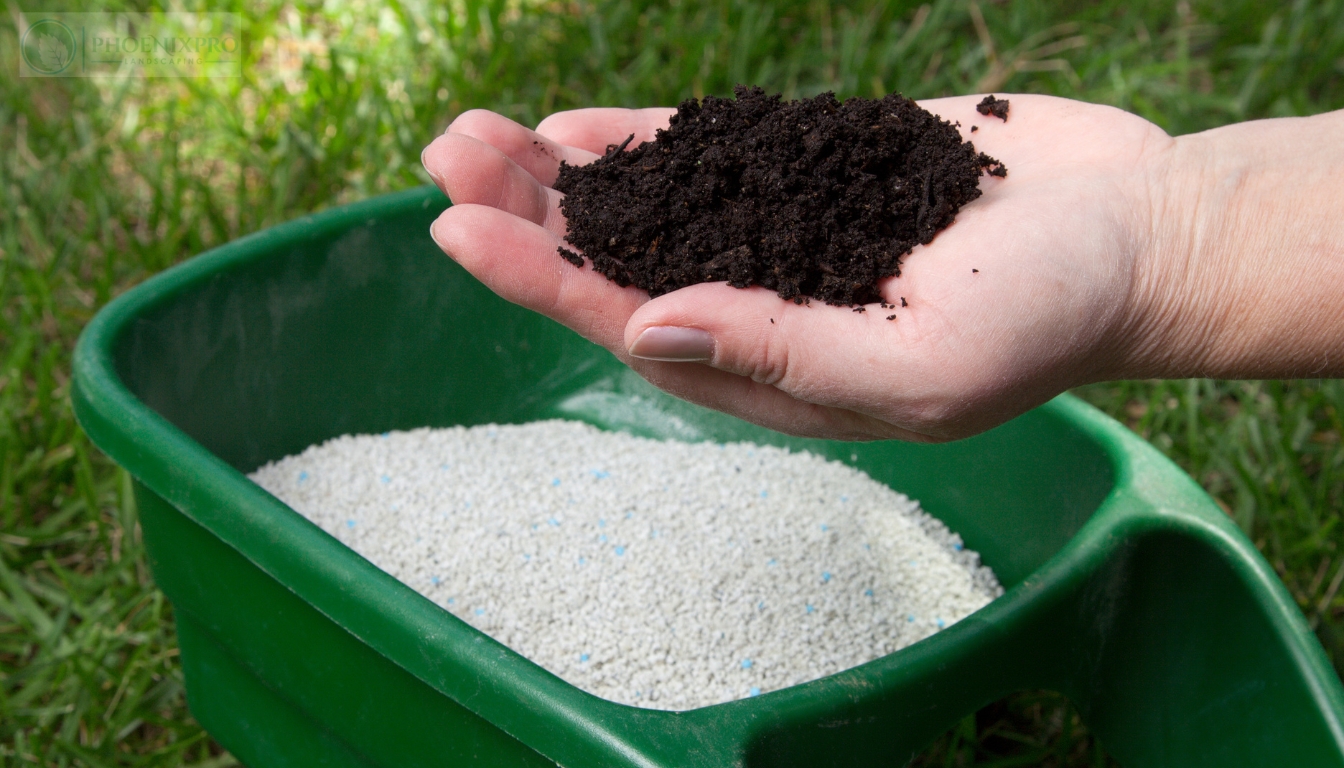# Gardening Myths Busted: Separating Fact from Fiction
Gardening is one of those timeless activities that has fascinated humans for centuries. Whether you’re a seasoned gardener or just dipping your toes into the soil, you’ve likely encountered a garden tip that made you scratch your head. Some advice has been passed down through generations, while others seem to pop up out of nowhere. In this article, we’ll explore the age-old myths surrounding gardening and separate fact from fiction.
---
# **The Importance of Debunking Gardening Myths**
Understanding the truth behind popular beliefs in gardening not only enhances your skills but also saves time and resources. For example, many gardeners are unaware that over-fertilizing can harm plants more than help them. By recognizing these myths, you can focus on effective landscape design and garden maintenance practices tailored to your specific environment.
---
# **Fact: Overwatering Can Be Detrimental**
It’s a common misconception that if some water is good, then more must be better. However, too much water can lead to root rot and other fungal diseases. It's essential to understand the watering needs of different plants.
**How Much Water Do Plants Really Need?**
- **Check Soil Moisture:** Stick your finger an inch into the soil; if it feels dry, it's time to water.
- **Consider Plant Type:** Succulents require far less water than flowering annuals.
**Pro Tip:** Use drip irrigation systems for efficient watering without oversaturating.
---
# **Fact: Not All Plants Require Fertilizer Regularly**
Many gardeners believe that fertilizing their plants regularly will yield better results. However, using fertilizer indiscriminately can lead to nutrient burn and negatively impact plant health.
**When Should You Fertilize?**
- **Soil Testing:** Conduct a soil test to determine nutrient levels.
- **Plant Requirements:** Some plants thrive in nutrient-poor soils; others may need occasional feeding.**Garden Tips:** Organic matter like compost can often replace chemical fertilizers effectively.
---
# **Fact: Timing & Technique Matter More Than Frequency**
While pruning is essential for many plants, it's not a one-size-fits-all solution. Over-pruning can stress plants and stunt growth.
**What Are the Best Practices for Pruning?**
- **Prune at the Right Time:** Late winter or early spring typically works best for most trees and shrubs.
- **Use Sharp Tools:** Clean cuts help reduce stress on plants.
**Lawn Maintenance Insight:** Consider leaving some natural growth during certain seasons; it encourages biodiversity.
---
# **Fact: Mulch Provides Multiple Benefits Beyond Looks**
Many people think of mulch merely as decorative landscaping material. However, it serves several crucial functions in garden maintenance.
**Benefits of Using Mulch Include:**
1. Moisture retention
2. Weed suppression3. Temperature regulation
**Quote from Horticulture Experts:** "Mulch is like sunscreen for your plants."
---
# **Fact: Container Gardening Can Be Highly Productive**
Urban dwellers often assume they need vast acreage to grow vegetables successfully. This couldn’t be further from the truth!
**How to Maximize Small Spaces?**
- Use vertical gardening techniques like trellises.
- Select compact vegetable varieties designed for containers.**Garden Maintenance Tip:** Regularly rotate crops even when working with limited space.
---
# **Fact: Some Weeds Can Be Beneficial To Your Garden**
While it’s important to manage weeds in your landscape design, some actually support beneficial insects or improve soil health.
**Examples of Beneficial Weeds Include:**
1. Dandelions (attract pollinators)
2. Clover (fixes nitrogen in soil)
**Friendly Reminder:** Embrace nature's balance rather than trying to control every aspect of your garden ecology.
---
# **Fact: Many Insects Are Essential For Pollination & Pest Control**
It’s easy to fall into the trap of thinking all bugs are bad news! However, beneficial insects play crucial roles in maintaining a healthy ecosystem within your garden.
**Beneficial Insects To Look For Include:**
- Ladybugs (control aphid populations)- Bees (essential pollinators)
**Landscape Design Tip:** Encourage these allies by planting diverse species rather than monocultures which attract pests exclusively!
---
# **Fact: While Native Plants Have Benefits, Exotics Can Thrive Too!**
Native plants are great for local ecosystems but limiting yourself solely to them might restrict creativity and diversity in landscape design.
**How Can Exotic Plants Fit Into Your Garden?**
- Choose non-invasive species that won’t disrupt local flora.- Mix native and exotic varieties for varied textures and colors.
**Garden Tips:** Research local wildlife interactions when selecting new plant varieties—balance beauty with functionality!
---
# 1. What is the best time of year to start gardening?
Starting a garden depends on your climate zone but generally spring is ideal as temperatures rise and frost risks decrease.
# 3. Is compost really necessary?
While not strictly necessary for all gardens, compost enriches soil health dramatically—it's beneficial in most cases!
# 5. What's wrong with using chemical pesticides?
Chemical pesticides can harm beneficial insects and pollinators; consider organic alternatives when possible!
Conclusion
Gardening myths have flourished over time due to misinformation or outdated practices that no longer hold up under scrutiny today! By understanding which beliefs are grounded in fact versus fiction, amateur gardeners can cultivate thriving outdoor spaces filled with beautiful plants while avoiding unnecessary pitfalls along their journey toward horticultural mastery!
Next time someone offers unsolicited gardening advice—take a moment before accepting it as gospel! Instead, utilize this article as your guide through the tangled web of commonly held beliefs about gardening...

Here's wishing you happy planting!